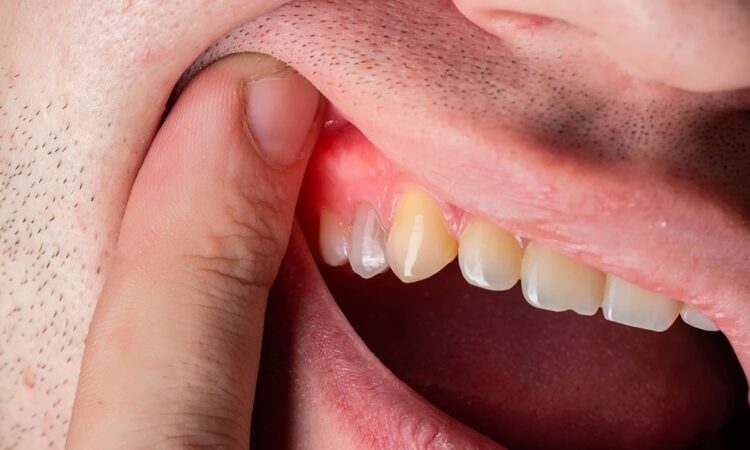
Oral infections can be painful and disruptive to daily life. They are typically caused by bacteria or fungi and can affect various parts of the mouth, including the gums, tongue, and throat. Common oral infections include:
- Gingivitis: Inflammation of the gums, often due to poor oral hygiene.
- Periodontitis: Advanced gum disease that can lead to tooth loss.
- Thrush: A fungal infection that appears as white patches on the tongue and mouth.
- Cold Sores: Caused by the herpes simplex virus and characterized by painful blisters around the lips.
Symptoms vary but may include swelling, pain, redness, and difficulty eating or speaking. Proper treatment and preventive measures can significantly reduce the risk and impact of these infections.
Treating Oral Infections: Effective Strategies
1. Antibacterial Mouthwash
Using an antibacterial mouthwash can help reduce the bacteria in your mouth and prevent infections. Look for mouthwashes containing chlorhexidine or essential oils like tea tree oil, which have antibacterial properties.
2. Saltwater Rinse
A simple saltwater rinse can help soothe inflamed gums and reduce bacteria. Mix half a teaspoon of salt in a cup of warm water and swish it around your mouth for about 30 seconds before spitting it out.
3. Antifungal Medications
For fungal infections like thrush, antifungal medications such as clotrimazole or nystatin may be prescribed. These medications can effectively eliminate the fungus causing the infection.
4. Oral Antibiotics
In cases of severe bacterial infections, oral antibiotics may be necessary. These are prescribed by a orthodontist troy mi or doctor and should be taken according to their instructions to ensure effectiveness.
5. Dental Procedures
Advanced gum diseases like periodontitis may require professional dental treatments such as scaling and root planing to clean the infected areas thoroughly and promote healing.
6. Pain Relief
Over-the-counter pain relievers such as ibuprofen or acetaminophen can help alleviate the discomfort associated with oral infections. Follow the dosage recommendations on the package or consult with a healthcare provider.
Preventing Oral Infections: Essential Practices
1. Maintain Good Oral Hygiene
Brush your teeth at least twice a day and floss daily to remove plaque and food particles that can harbor bacteria. Use a fluoride toothpaste to strengthen tooth enamel and prevent cavities.
2. Regular Dental Check-ups
Schedule regular visits to the dentist for professional cleanings and check-ups. Early detection of oral health issues can prevent them from developing into more serious infections.
3. Avoid Tobacco and Limit Alcohol
Tobacco use increases the risk of gum disease and oral cancer. Limiting alcohol consumption can also reduce the risk of oral infections and other health problems.
4. Eat a Balanced Diet
A diet rich in fruits, vegetables, and whole grains provides essential nutrients that support oral health. Avoid sugary snacks and beverages that can contribute to tooth decay.
5. Stay Hydrated
Drinking plenty of water helps keep your mouth moist and washes away food particles and bacteria. It also promotes saliva production, which plays a crucial role in protecting your teeth and gums.
6. Practice Safe Oral Habits
Avoid sharing utensils, toothbrushes, or towels with others to minimize the spread of bacteria and viruses that can cause oral infections like cold sores.
Conclusion
By following these strategies for treating and preventing oral infections, you can maintain a healthy mouth and reduce the risk of painful and disruptive dental issues. Remember to consult with your dentist or healthcare provider if you experience persistent symptoms or have concerns about your oral health. With proper care and attention, you can enjoy a smile that is not only beautiful but also free from infections and discomfort.




